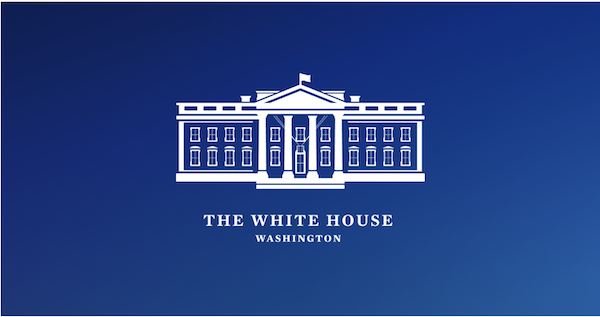The final rule strengthens consumer protections by reinforcing MHPAEA’s fundamental purpose that all Americans should have the same access to mental health and substance use benefits as they do physical health benefits. And it will help lower families’ health care costs by making it easier to access mental health and substance use care and getting rid of barriers that keep people from getting the care they need, when they need it, for a price they can afford. Specifically, the final rule will:
- Require health plans to make changes when they are providing inadequate access to mental health and substance use care. In 2020, Congress made changes to MHPAEA that require health plans to conduct meaningful comparative analyses to make sure that they are not making it harder for individuals to access mental health and substance use benefits than it is to access medical benefits. Today’s new requirements make it clear that health plans need to evaluate their provider networks, how much they pay out-of-network providers, and how often they require – and deny – prior authorizations. The outcomes of these evaluations will show plans where they are failing to meet the law’s requirements, and where they will need to make changes to come into compliance, like adding more mental health and substance use professionals to their networks or reducing red tape for providers to deliver care.
- Make it clear what health plans can and cannot do. Health plans cannot use more restrictive prior authorization, or other medical management techniques, or narrower networks to make it harder for people to access mental health and substance use disorder benefits than their medical benefits. Health plans also have to use similar factors in setting out-of-network payment rates for mental health and substance use disorder providers as they do for medical providers.
- Close existing loopholes. When MHPAEA was first enacted, it did not require non-federal governmental health plans, like those offered to state and local government employees, to comply with its requirements. Today’s final rule closes that loophole, and now requires more than 200 additional health plans to comply with MHPAEA, providing critical protections to 120,000 consumers.
The final rule strengthens consumer protections by reinforcing MHPAEA’s fundamental purpose that all Americans should have the same access to mental health and substance use benefits as they do physical health benefits. And it will help lower families’ health care costs by making it easier to access mental health and substance use care and getting rid of barriers that keep people from getting the care they need, when they need it, for a price they can afford.
Thanks to the Biden-Harris Administration, these new requirements will help more people get the mental health and substance use care they need while also making sure that mental health and substance use care professionals are paid fairly, likely incentivizing more people to join the mental health workforce. In addition to today’s final rule, the Department of Health and Human Services is also releasing new tools for states to ensure compliance with MHPAEA’s critical protections for the millions of Medicaid beneficiaries enrolled in private Medicaid health plans.
